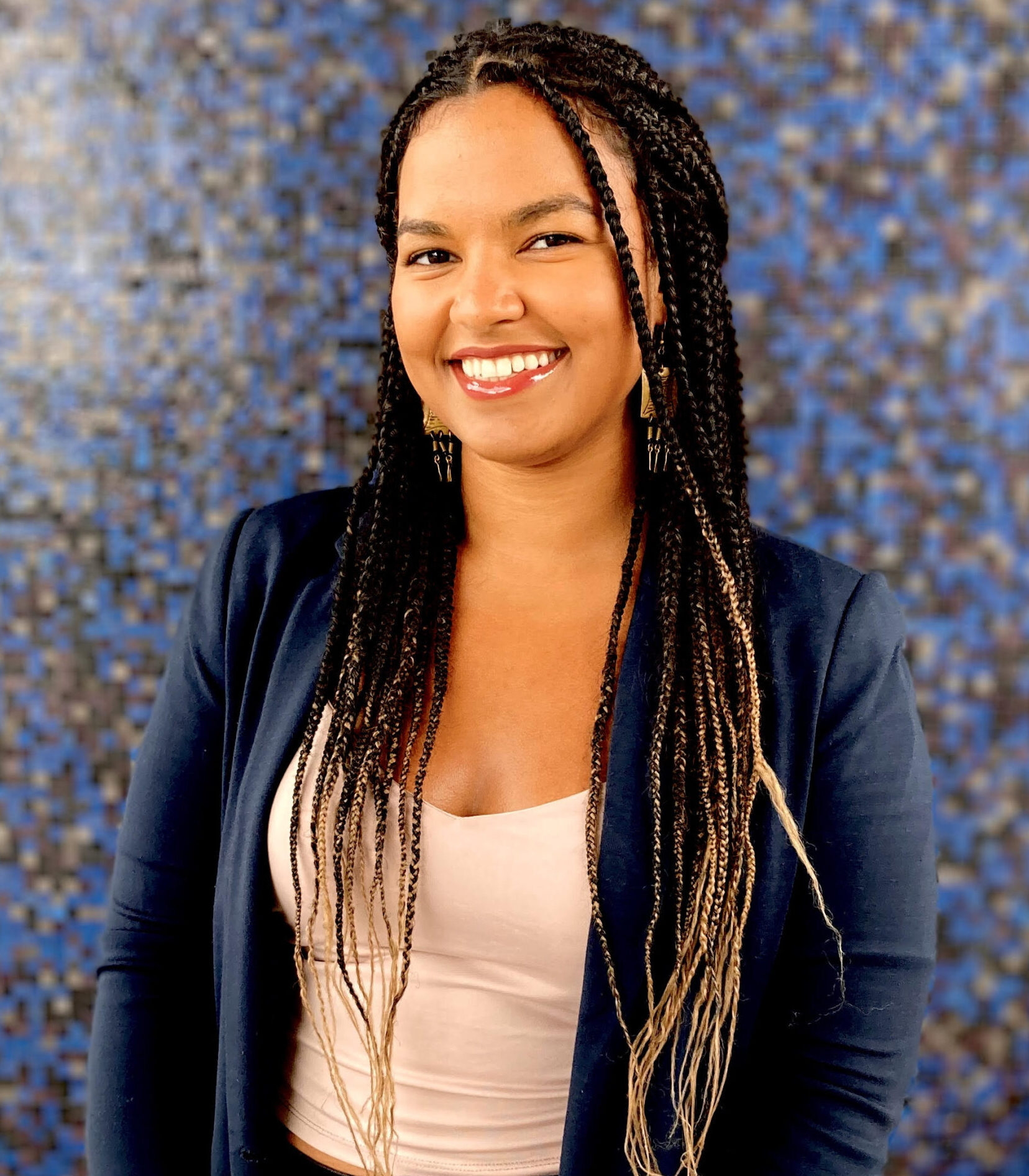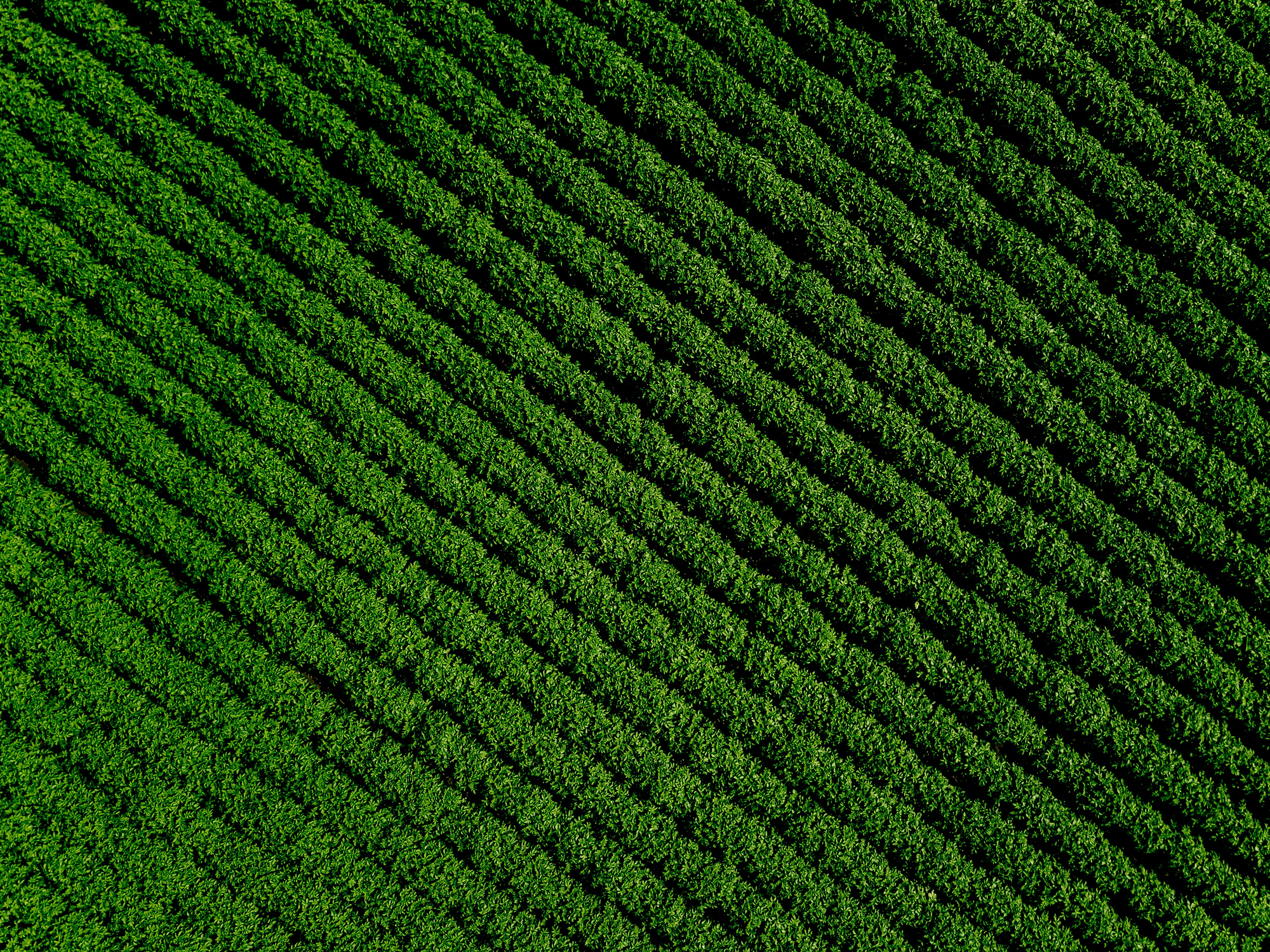Rita Steele (RS): I just have memories of canoeing through storms and getting rained out and spending hours on the water and, um, walking, running with a canoe on my back, just getting from one lake circuit to the next. And, the very last part of the trip, we had to hike this really big mountain and I had never hiked something so big before. I just remember it being the coldest night of my entire life. I was just… I was shivering, I was miserable, I was so cold, and I had to get out of my tent in the middle of the night, and as I was leaving my tent, I looked all around me and I just remember being completely taken back and amazed by how beautiful it all was.
Science World (SW): That’s Rita Steele. She’s telling us about a backcountry hiking and camping trip she took when she was 15.
RS: The moon was brighter than the sun in the sky. I could see more stars than I had ever seen in my life. And we were in the middle of a mountain range so I had this 360 degree view of everything around me, and it felt like I was in, honestly, an IMAX Theatre at Science World that I used to go to as a kid and I felt like I was meant to be there, um, and meant to be in nature and meant to stay connected with it. And, um, from there that's, I think my love for it just really grew.
SW: Today, Rita is the Manager of Campus Sustainability at Simon Fraser University, a Vancouver Global Shaper, and founder of the BIPOC Sustainability Collective, a space for BIPOC folks working in environmental and sustainability sectors to connect with each other and seek support.
RS: Growing up, I thought I wanted to be a doctor and go to med school and all of that and because when you're young, you're kind of told there's specific careers you can do and what those careers are. And I think as a child, I wanted a career with impact and I wanted to do something that would be meaningful to the world.
SW: In her first year of university, Rita discovered Global Resource Systems, a program where she learned about fair trade farming, sustainability, and the effects of climate change on our food systems.
RS: Being in that program is really what started opening my eyes to other possibilities of careers with impact and I was really passionate about food and labor justice and as time went on, I started learning more and more about the intersections of climate change and agriculture and farmers and, um, how it was affecting the entire system.
SW: During a trip to Ghana, Rita met with cocoa farmers and learned how climate change was affecting their crop yields. For many of these farmers, low crop yields were a threat to their livelihood.
RS: I started to feel like as important and dedicated to fair trade and just supply systems as I was, part of it felt like putting a band aid solution on problems that were just continuing to get worse. And that's kind of what sparked my interest in climate action and sustainability. Because I wanted to not just help clean up the mess that the system was creating, but also to help fix the system itself. And to me, part of that felt like dealing with climate change.
SW: Rita’s focus is on how the university can reduce its emissions quickly, meaningfully, and equitably.
RS: I work on anything that has to do with sustainable operations. So, the university's climate targets, how we reduce our emissions, how we initiate sustainability initiatives within the administration at the university—all of that is kind of under my portfolio. But we also have goals related to climate literacy and making sure that staff are trained up in climate action and understand how to embed sustainability and climate change into their work. And we need to also be thinking about people and the intersections of how oppression affects people's experience with climate change, and how climate change disproportionately impacts them. We have to think about who has access to solutions. If we say that we're gonna, you know, focus on technology and scaling up electric cars and you know, electrifying our societies, but access to those solutions is only available to those who are wealthy and/or white, then that's not really any solution at all. And if we leave people behind, we're never going to solve the crisis.

